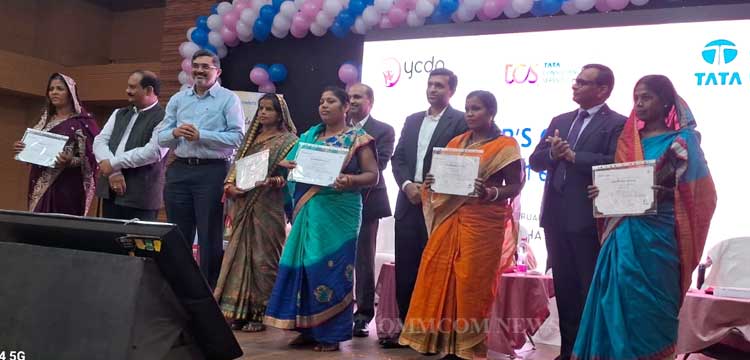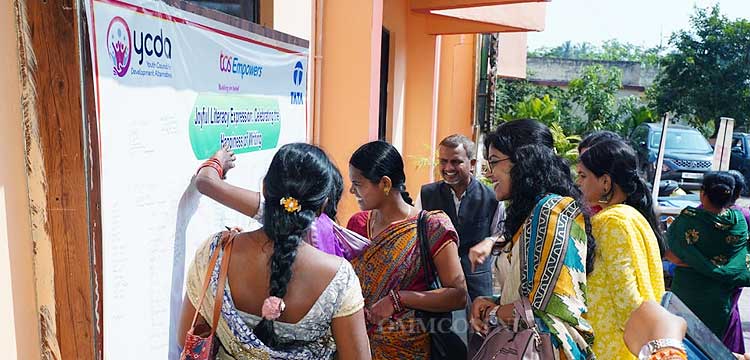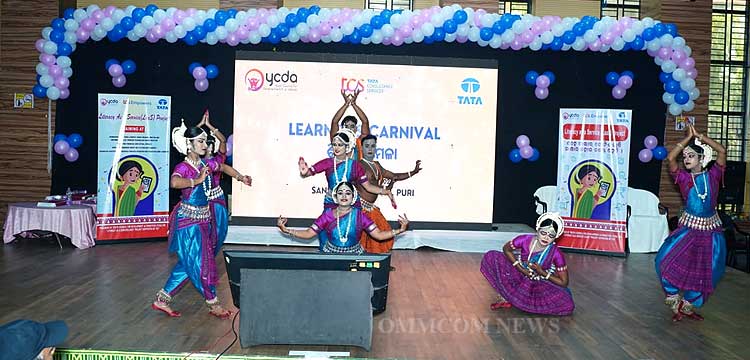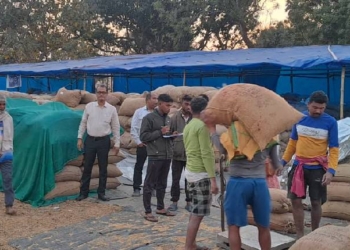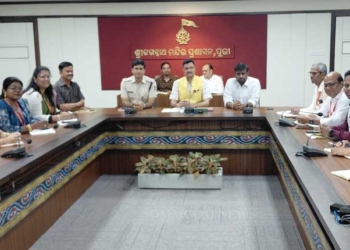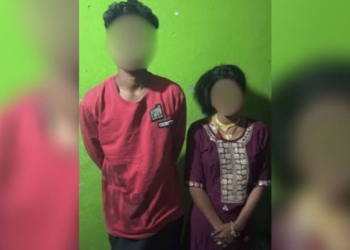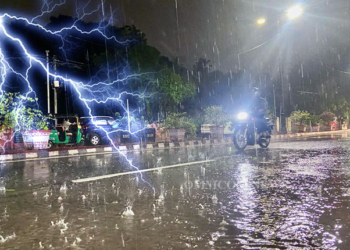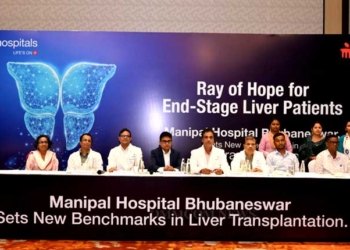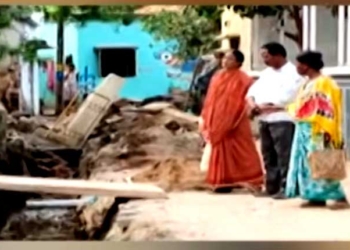Puri: The vibrant city of Puri hosted the Learner’s Carnival under the Literacy as a Service (LaaS) project at Sanskruti Bhawan on Friday.
Organized by the Youth Council for Development Alternatives (YCDA) in collaboration with the Tata Sustainability Group (TSG) and Tata Consultancy Services (TCS), the event celebrated literacy as a transformative tool for women and communities.
The project has empowered 12,000 illiterate/drop out/neo-literate women in 166 disaster-affected villages of Brahmagiri Block in Puri district and equipped them with basic reading, writing and arithmetic skills.
The profile of learners is that they belong to backward communities, which includes SC, ST, women illiterates of age 15+ years would be functionally literate along with an understanding of different entitlement schemes/Programmes and basic financial literacy and disaster awareness sessions.
The programme is a collaborative effort of TCS, YCDA and Tata Community Initiatives Trust (TCIT).
The event commenced with a traditional welcome dance. It was followed by an inaugural session featuring dignitaries, Rajendra Meher, Secretary-cum-CEO of YCDA who briefed about the project.
Shrirang Dhavale, Cluster Head—Social Services, Tata Sons, delivered the keynote address and highlighted the project’s impact.
Dhavale said that ‘women have taken up the challenge to learn and lead a transformative journey. This programme has impacted the lives of many women, and each has a story to share. I congratulate each one you and hope this journey of knowledge continues from education to empowerment.
The event also featured insightful addresses by Bibhu Panda, Delivery Centre Head, Bhubaneswar Branch, TCS, who emphasized the role of technology in advancing literacy and skill development. Jos Mathew, Head – Strategy and Governance, Global CSR, TCS, highlighted TCS’s commitment to social responsibility and inclusive education. Additionally, Ashirbad Praharaj, Cluster General Manager – Operations & GM, Vivanta Bhubaneswar, spoke about the importance of community partnerships in fostering sustainable learning initiatives.
A film on the adult literacy programme in Brahmagiri block showcased real-life stories of resilience and empowerment.
A significant highlight was the launch of the Digital, Financial, and Disaster Risk Reduction (DRR) modules, which aim to equip learners with essential skills. The event also featured powerful experience-sharing by learners and a panel discussion on “Literacy Empowering Women to Transform their Lives,” where women from grassroots communities shared how education has changed their lives.
The carnival concluded with a cultural performance and closing resolutions, reinforcing the commitment to literacy-driven empowerment. The Learner’s Carnival is a testament to the collective effort towards an inclusive, literate, and self-reliant society.





